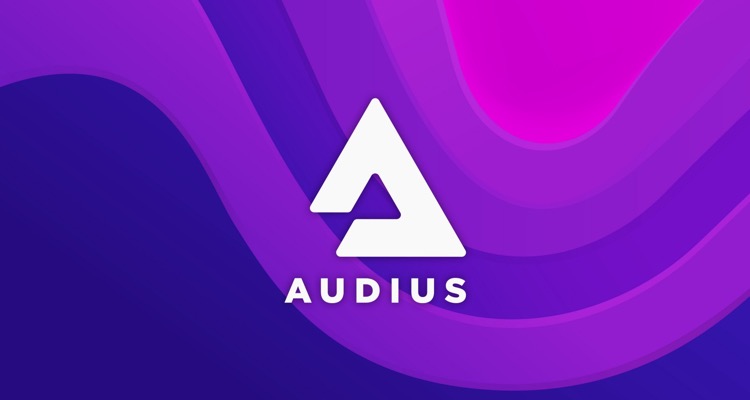Blockchain technology has largely been centred around financial applications over the past few years. There are rarely any use cases beyond financial application, but Audius and its native token AUDIO is one of them.
Audius is a blockchain powered music streaming service that is similar to Soundcloud or Spotify. However, Audius is able to provide more utility to musicians via its blockchain-based tools which can help them engage and monetise their audiences.
Here’s a deeper look at Audius and its native token Audio:
Digitizing the music industry
The music industry is a multi-billion dollar industry, and over the past decade, we have seen it shifting to the digital world thanks to the rise of music streaming sites such as Soundcloud and Spotify.
The problem with centralized platforms that musicians work with is that it may take a long time before a musician is able to receive their revenue cut of their music from such platforms.
Even when they receive their final revenue cut, majority of the revenue would have passed through other middlemen, with costs such as management fees, production costs, marketing cost, platform fees.
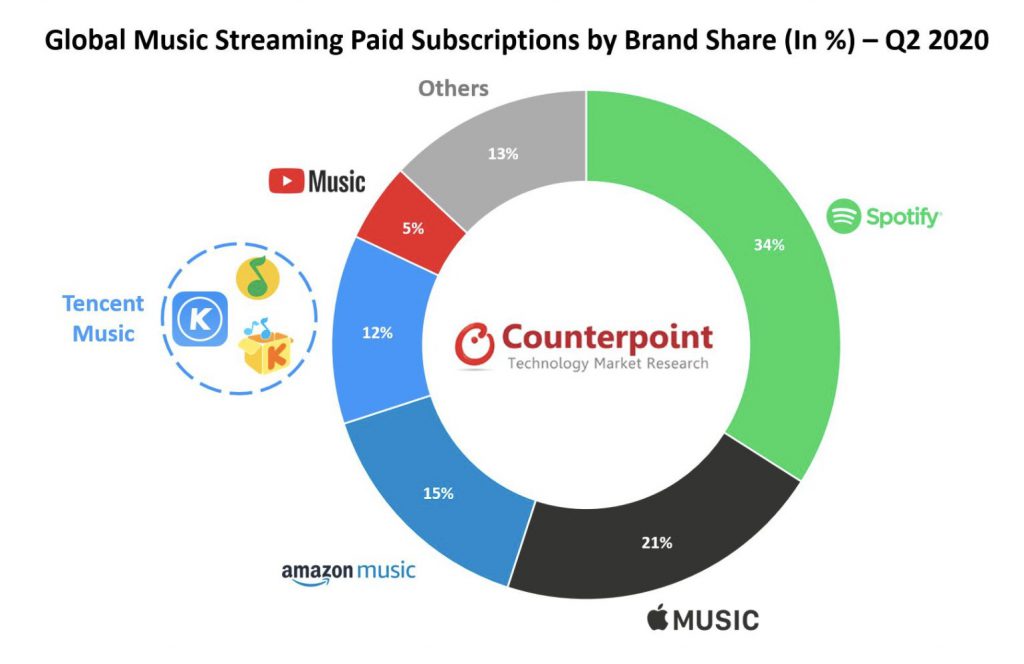
Audius was created to fix this problem, and is owned and controlled by a decentralized community of artists and fans.
Musicians can use Audius’ streaming platform to interact directly with their fans. Beyond just releasing their tracks on Audius, musicians can also create exclusive content and NFTs on Audius.
Musicians are also paid directly via Audius’ native token AUDIO everytime a fan streams music, and artistes can enjoy almost instantaneous monetization from their fans. Fans can also donate AUDIO directly to the musicians.
The Audius network will keep 10% of revenue to help support itself and the rightsholder will keep 90%.
Here’s what it looks like:
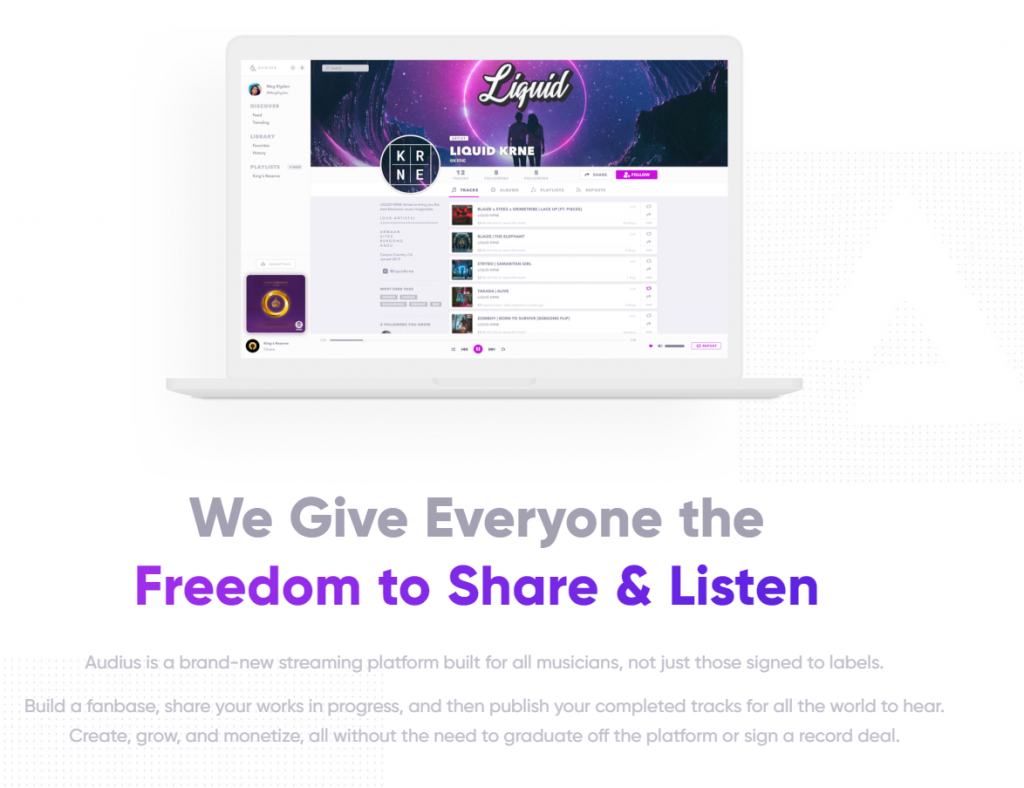
On top of supporting their musicians on Audius, fans can also discover trending playlists, new releases, save tracks to their ‘favorites’ and share playlists with other users.
By doing this, users can also earn AUDIO token rewards. AUDIO token holders can also stake them to be entitled a portion of network fees, along with additional voting power in the governance system.
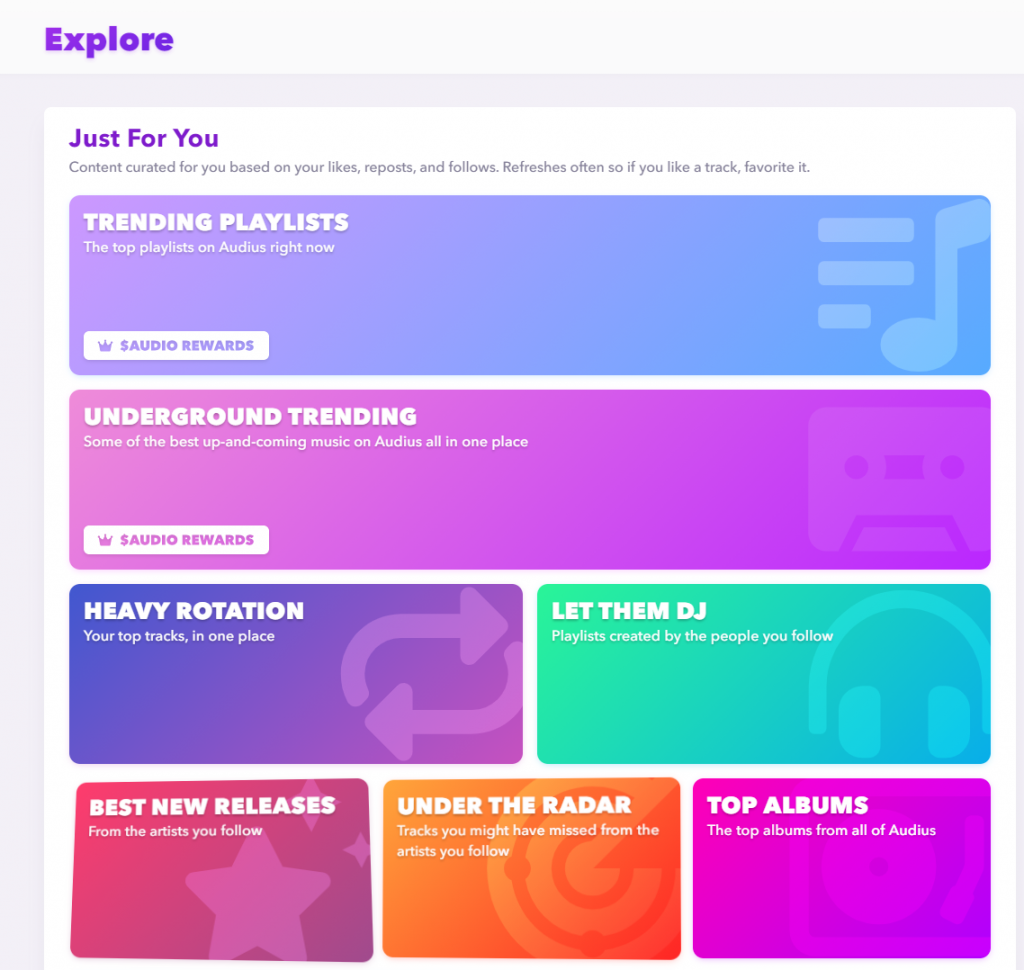
Growth of Audius
Since its launch in 2019, Audius has been growing slowly and has been relatively under the radar. As users around the world are used to paying around $10 per month to music streaming juggernaut Spotify, convincing them to pay for Audius may be a tall order.
However, as more and more musicians and artist warm up to blockchain technology and NFTs, Audius has been growing in popularity. This is especially so as blockchain technology emplowers musicians and creators a better way to monetize their work, as well as by clarifying the licensing and metadata issues that cause music to be taken down from online platforms.
According to Audius co-founders Roneil Rumburg and Forrest Browning, most of Audius’ approximately 100,000 artists have small and mid-sized audiences. But major players in the music industry such as Skrillex, deadmau5 and Weezer are also using Audius to get music — including works-in-progress and unreleased music — out to their fans.

According to the Audius analytical dashboard, there is currently over $298 million of AUDIO being staked on the protocol.
As of August 2021, there is a total of over 5 million unique users, a relatively impressive metric especially considering this is a blockchain based platform. It claims to be the most used decentralized consumer app, and its daily active users hovers around 160,000 DAU.
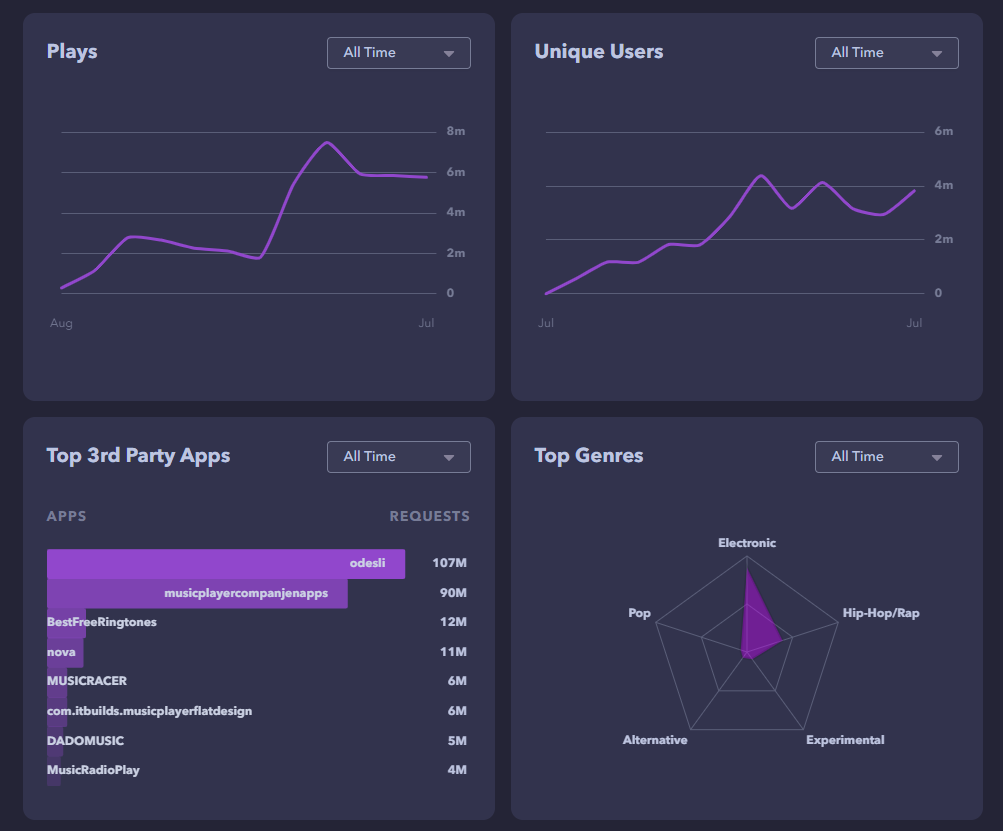
Most of the genres that are popular on Audius are electronic and hip hop, two genres known for having a huge following in the music industry.
This milestone makes Audius the most used decentralized consumer app on earth – each song is stored and recalled using both content and discovery nodes through IPFS, not a centralized database. Learn more here: https://t.co/ho3lNVkhk3
— Audius ? $AUDIO (@AudiusProject) August 5, 2021
We just hit 5 MILLION MONTHLY ACTIVE USERS!
— Audius ? $AUDIO (@AudiusProject) August 5, 2021
Could not have done this without the incredible support from our community & artists involved! ?? pic.twitter.com/Fkjzlq6NLV
Why pay attention to Audius
The music industry has long been plagued with issues regarding financial rewards to all the parties involved. With Audius, artists can have a truly decentralized platform allowing them a better way to monetize their work. Audius is also focusing on smaller scale artists, some of whom are seeing more successful discoverability than Spotify.
As more and more artists come onboard, the network effect will bring more users to Audius, and we may potentially be seeing a compounding effect.
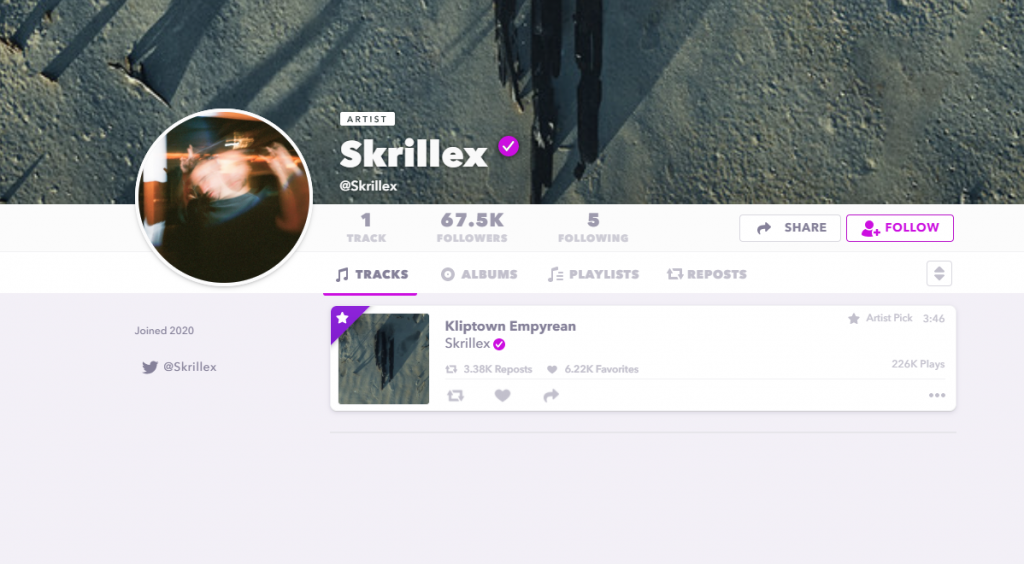
Celebration tweet!
— RXPHY ? (@rxphyofficial) July 22, 2021
Finally, FINALLY hit 2 THOUSAND followers on @AudiusProject and almost 15K plays in one MONTH!
Thank you to the Audius community and team, @WeirdCityRec, friends and supporters to getting me to this milestone!
You all mean so much to me ?
More music otw! pic.twitter.com/mWnpwt2IgX
As a fan, Audius provides a range of fan engagement opportunities that connect artists with their audiences. This is unavailable in existing music streaming platforms. Furthermore, Audius makes the distribution of royalties as simple as possible.
As the whole music industry move towards an ownership era, a term coined by the Messari team, Audius seems to be the clear leader riding on the wave.
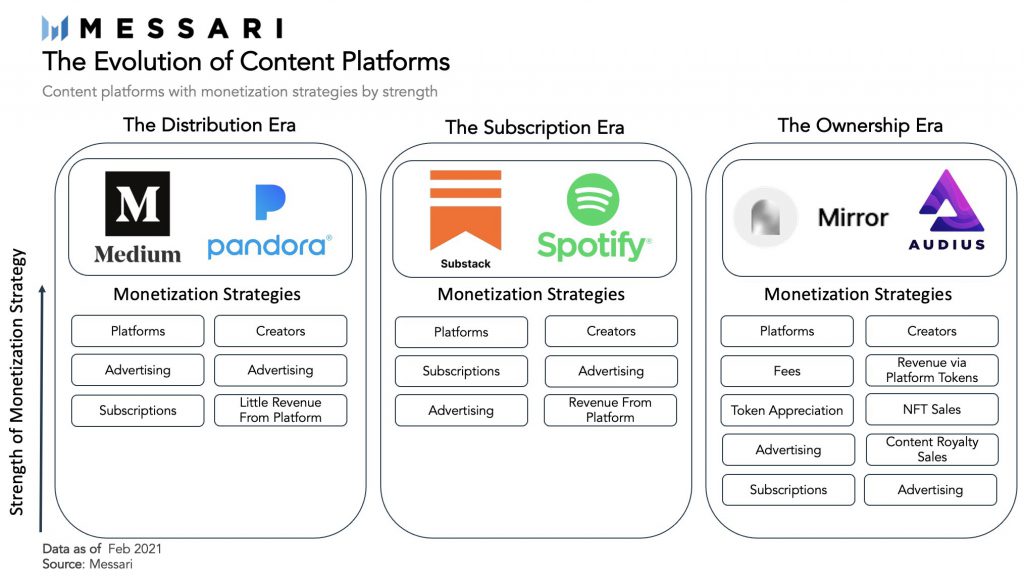
Also Read: A Look At Chiliz (CHZ): The Crypto Enabling Global Sports Clubs To Engage With Fans
